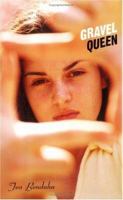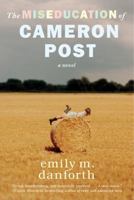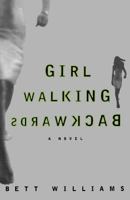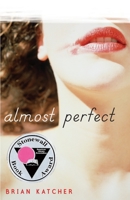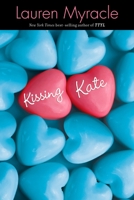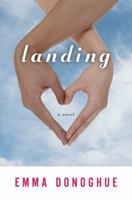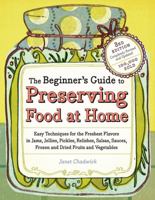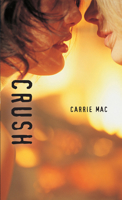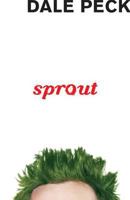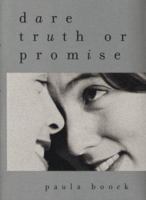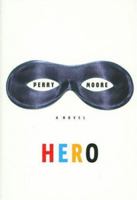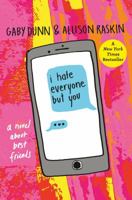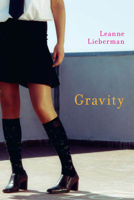Bread and Cereal / Pan Y Cereales
(Part of the Find Out About Food / Conoce la Comida Series)
Select Format
Select Condition 
You Might Also Enjoy
Book Overview
In this bilingual series, ELLs learn that eating many different types of foods every day helps them to be healthy and strong. Featuring the government's new, updated food pyramid, each book explains how one of the six different types of foods fits into the pyramid and describes the ways that certain foods contribute to health and fitness.
Format:Hardcover
Language:English
ISBN:0061976210
ISBN13:9780061976216
Release Date:February 2010
Publisher:Ecco
Length:464 Pages
Weight:1.21 lbs.
Dimensions:8.8" x 1.5" x 5.5"
Customer Reviews
7 customer ratings | 5 reviews
There are currently no reviews. Be the first to review this work.














